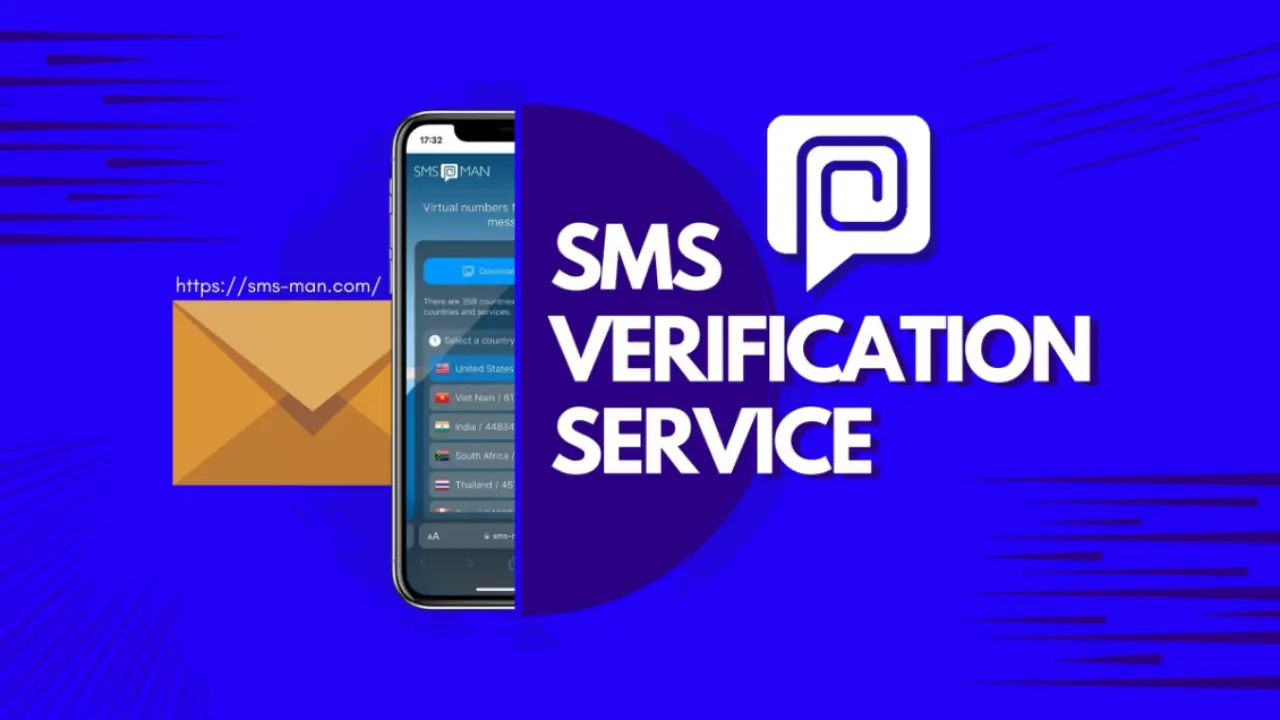Users’ identities are frequently verified through SMS when they register for online services or applications. It involves sending a one-time code or password to the user’s phone number, which they have to enter on the website or app to complete the registration process. Numerous platforms, including Facebook, Telegram, WeChat, PayPal, AliPay, and others, use SMS verification extensively. This article explores the future of virtual numbers and SMS verification technologies, highlighting their benefits, potential applications, and the impact they may have on communication systems
However, SMS verification also has some drawbacks. It might give hackers, spammers, or con artists access to the user’s actual phone number. It can also be costly for users who have to pay for international or roaming charges when receiving SMS messages. In addition, some users might not have access to a phone number or might want to maintain their privacy when registering for certain services.
This is where technologies like SMS verification and virtual numbers are useful. Virtual numbers are temporary or disposable phone numbers that can be used to receive SMS messages online. Without disclosing their real phone numbers, they enable users to avoid SMS verification. Additionally, they provide users who want to use multiple phone numbers for various purposes with convenience and flexibility.
How do virtual numbers and SMS verification technologies work?
There are many websites and apps that provide virtual numbers and SMS verification services for free or for a fee. Some examples are quackr.io, receive-smss.com, and quackr.io/temporary-numbers. These platforms allow users to choose from a list of phone numbers from various countries and regions. Users can then use these numbers to receive SMS messages from any service or app that requires SMS verification.
The process of using virtual numbers and SMS verification technologies is simple:
- Users select a virtual phone number from the platform of their choice.
- Users enter the virtual phone number on the website or app that requires SMS verification.
- On the website that offers the virtual number, users receive an SMS message that contains a code or password.
- Users enter the code or password on the website or app to complete the verification process.
The virtual numbers are usually valid for a short period of time, ranging from a few minutes to a few hours. After that, they are discarded and replaced by new ones. This ensures that the numbers are not reused by other users or abused by spammers. The platforms that provide virtual numbers also do not log or store any personal data or messages from the users.
What are the benefits of using virtual numbers and SMS verification technologies?
Using virtual numbers and SMS verification technologies has several advantages for users, such as:
- Protecting their privacy and identity: Users can avoid exposing their real phone number to strangers or malicious parties who may use it for spamming, phishing, identity theft or harassment. Users can also avoid unwanted calls or messages from telemarketers, advertisers or stalkers.
- Saving money and time: Users can avoid paying for international or roaming charges when receiving SMS messages from abroad. Users can also avoid waiting for long periods of time to receive SMS messages due to network congestion or delays.
- Increasing convenience and flexibility: Users can use multiple phone numbers for different purposes, such as personal, professional, social or gaming. Users can also switch between different phone numbers easily and quickly without changing their SIM card or device.
What are the challenges and limitations of using virtual numbers and SMS verification technologies?
Despite the benefits, using virtual numbers and SMS verification technologies also has some challenges and limitations, such as:
- Availability and reliability: Not all platforms that provide virtual numbers have enough numbers for all countries and regions. Some platforms may have limited numbers or run out of stock quickly due to high demand. Some platforms may also have technical issues or errors that affect the delivery or reception of SMS messages.
- Security and legality: Some platforms that provide virtual numbers may not be secure or trustworthy. They may leak, sell or misuse the user’s data or messages without their consent. They may also violate the terms and conditions of some services or apps that prohibit the use of virtual numbers for SMS verification. Users may face legal consequences or penalties if they use virtual numbers for fraudulent or illegal purposes.
- Quality and accuracy: Some platforms that provide virtual numbers may not have high-quality or accurate numbers. They may have outdated, invalid, or recycled numbers that do not work properly or cause confusion. They may also have fake or spoofed numbers that do not belong to any real network operator or country code.
Conclusion
Innovative solutions that give users another option for online identity verification include virtual numbers and SMS verification technologies. They have many benefits such as protecting the user’s privacy, saving money and time, and increasing convenience and flexibility. However, they also face some difficulties and restrictions, including those related to quality and accuracy, security and legality, and availability and dependability. Users should be aware of these factors before using virtual numbers and SMS verification technologies. Additionally, they must only employ them ethically and responsibly for authorized purposes.



